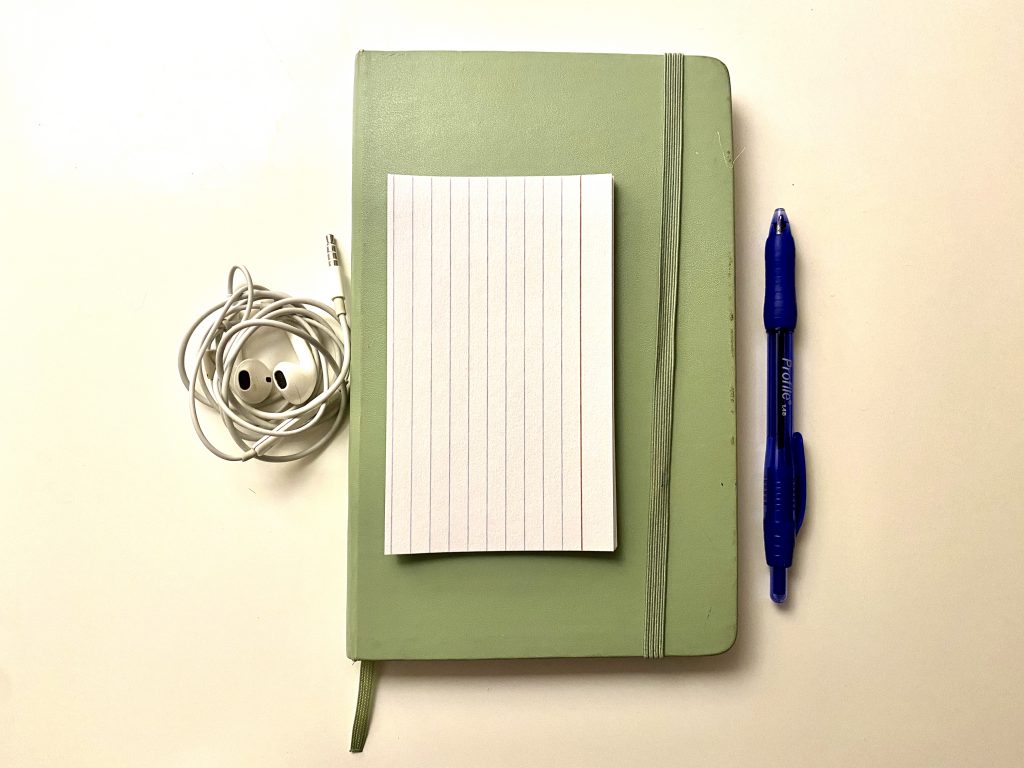
At the time that I’m writing this, I am actively coaching over 30 individuals – which means that 30 types of coaching sessions happen each month. (You think I’m exaggerating – humans are so different!)
So this post focuses on a basic template for clients to prepare for a coaching session, while acknowledging the reality that you will have nuances and custom needs, depending on you and the coach you’re working with.
Ideally, you will arrive to your coaching session with three things:
- the agenda you want to focus on during this session
- any homework or follow-up details from your previous session
- muted Slack, silent phone, clear mind
On Agendas
If you’re investing in coaching, you want to see that you’re making progress. Everyone, especially your coach, wants to feel that the time was well spent. But if you show up empty-handed or vague about what you want to talk about, it’s hard to ace success. What if we focused on your dream job when, really, the conflict with your client is more troubling to you?
I counsel my clients to arrive with an agenda, which could be:
- What are you stuck on?
- What are you planning for?
- What’s on fire?
Spend a few minutes reflecting on this before you show up for the next session. When your coach arrives, you can say “I know what I want to talk about today!” and get right into it.
If you really can’t figure out what to talk about, a good coach will be able to pull it out of you. Just admit that you’re unsure and let them work their magic. (This is fun for coaches!)
(On a personal note, I’ll note that I spend a decent amount of time reflecting before I have a session with my OWN coach (aka I’m the client in that relationship!). I try to bring something meaty, something I can’t figure out on my own. This could be as specific about pricing questions for Plucky or as wide-ranging as “what kind of parent will I be in 10 years?”
I’m not looking for my coach to tell me my hourly rate; rather, I want her to sift through my ideas of money, my fears and motivations behind work, to help me find new ideological footing. I can’t imagine running this business without a coach to process it all with!)
On Homework
The whole damn world wants to change… but it’s hard to do so without accountability. Depending on the session, some of my clients end up with homework. Here are some examples:
- Practice risk 3 times before our next session. Keep notes about what you’re like when you’re taking a risk (fears/wins/emotions).
- Share the tough feedback we refined during our session with your colleague in next week’s meeting.
- Find something to put on your desk that reminds you of the wiser version of yourself. It could be a sticker, a post-it, an object or a sign!
Homework is one tool coaches may use to extend a client’s progress during a session into real life. So you dropped some real truths during your session? How will your work day look now that you’re going to embrace a new mindset about conflict? Let’s start practicing.
If you don’t do your homework, that’s fine! But arrive at your next session prepared to talk about why it didn’t happen. Was it too lofty? Were you too busy (if so, why wasn’t this a priority?)? Should we change the way we handle today’s session accordingly?
On distractions
I’ll keep this one short. I can tell when my client is checking email, Slack or their phone during our session. Other than this being disrespectful AF, it is also a royal waste of time – yours and your coach’s.
Tons of people out there dream of the ability to afford regular coaching sessions. Use the hell out of yours.
<3
Check out more Plucky blog posts about coaching or shoot a note if you want to talk about coaching. We’re taking on new clients in 2020!